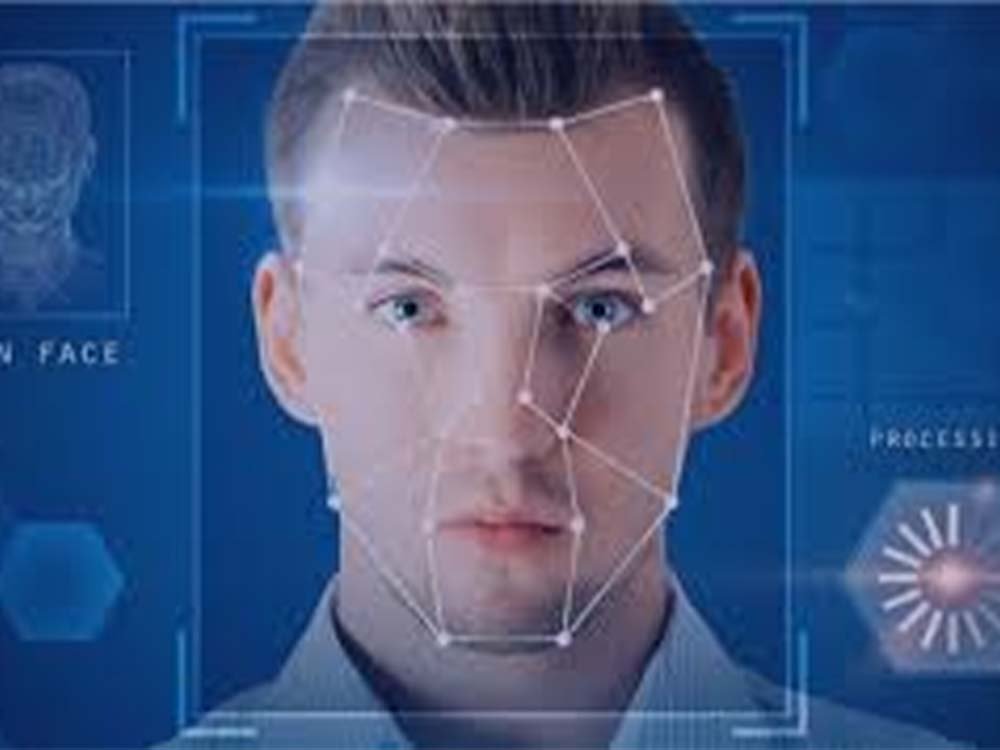The House of Lords in the UK is urging the government to enact legislation regarding the use of facial recognition technology by law enforcement agencies. Baroness Hamwee, chair of the House of Lords Justice and Home Affairs Committee, expressed grave concerns about the unchecked deployment of live facial recognition (LFR) technology by police forces and called for proper regulation.
In a letter addressed to the home secretary, Baroness Hamwee highlighted the committee’s apprehensions regarding the AI-driven facial recognition technology. While acknowledging the potential value of LFR for police operations, the committee emphasized the urgent need for scrutiny and accountability in its usage.
The committee cited the Court of Appeal’s 2020 ruling against South Wales Police for unlawfully implementing LFR, violating the privacy rights of Ed Bridges, a defendant in the case. However, Baroness Hamwee noted that despite the court’s ruling, many police forces continue to utilize the technology, often citing the Bridges case erroneously as a legal basis for their LFR programs.
While recognizing the updates made by police forces to their policies and procedures post the Bridges judgment, the committee stressed the necessity of a comprehensive legal foundation and a legislative framework for regulating the deployment of LFR technology, sanctioned by parliament.
Contrary to the government’s assertions of strong public support and a solid legal basis for police use of LFR, Baroness Hamwee disputed these claims, emphasizing the Court of Appeal’s concerns about the existing legal framework’s deficiencies. She underscored the need for a clear legislative basis, expressing concerns that the Bridges case’s findings were specific to that instance and do not provide a sufficient basis for widespread LFR use without firm legal grounding in primary legislation.

